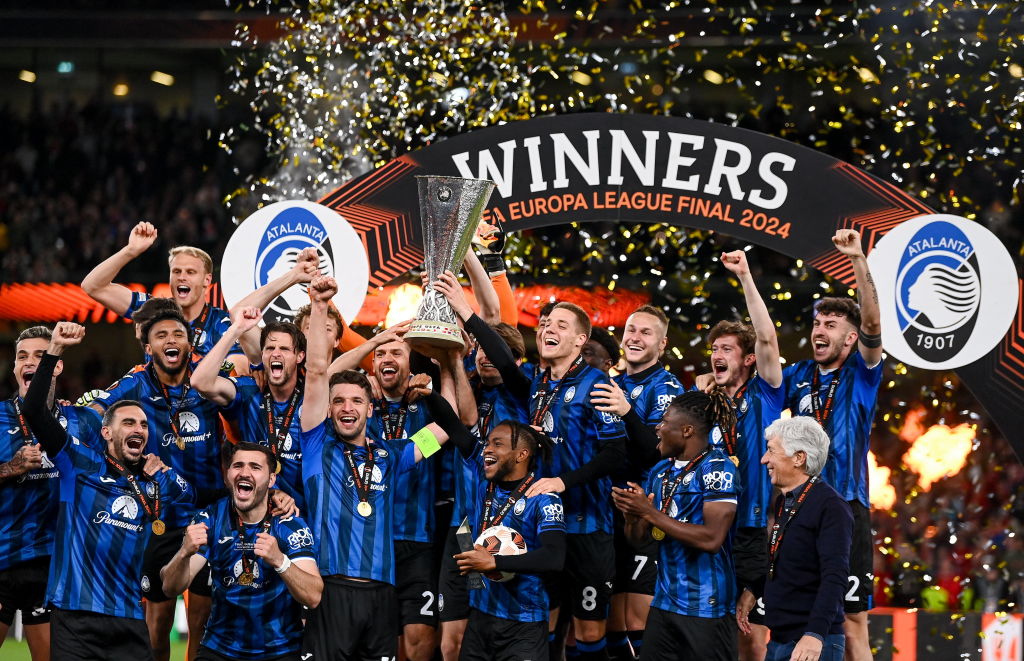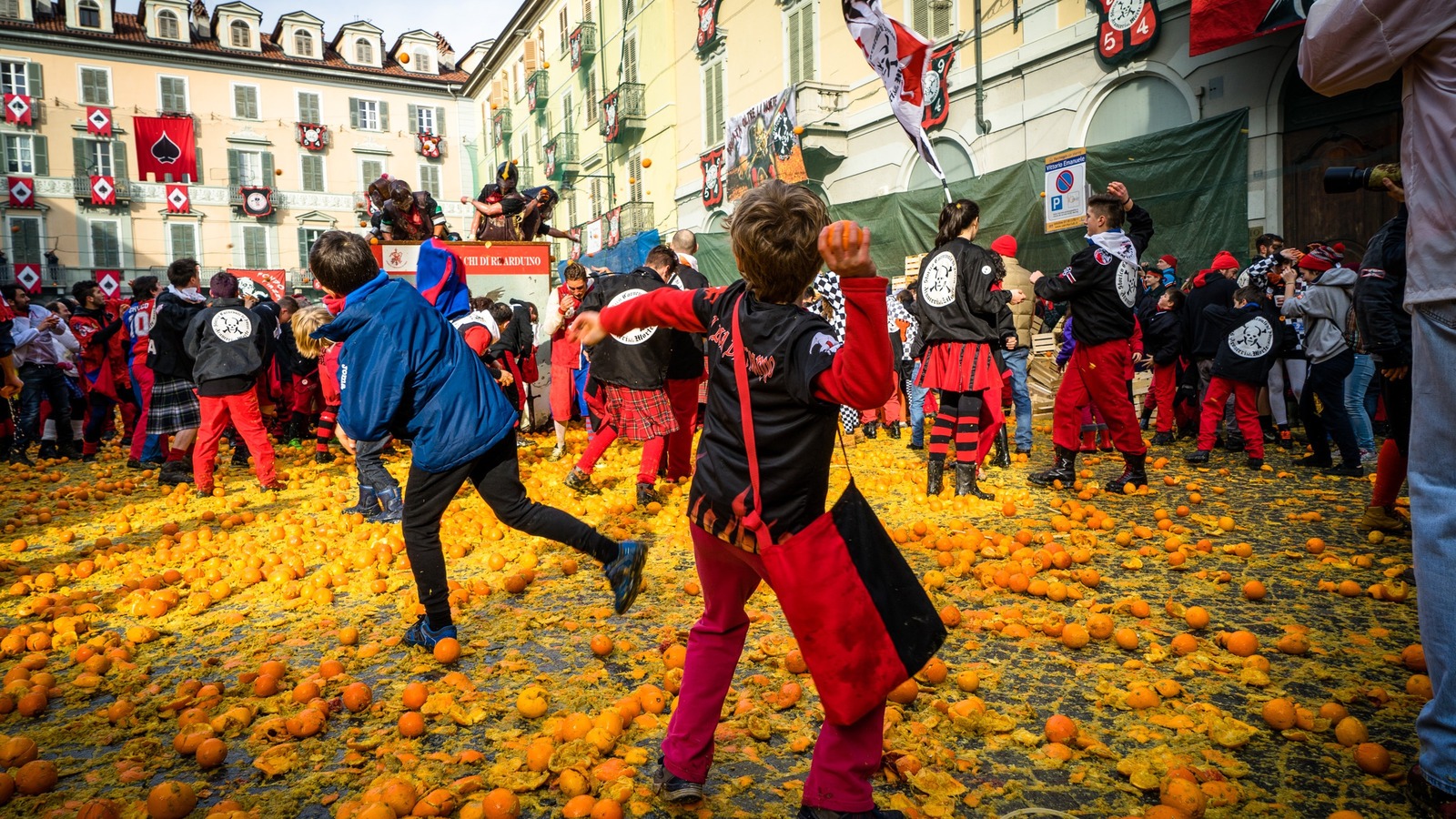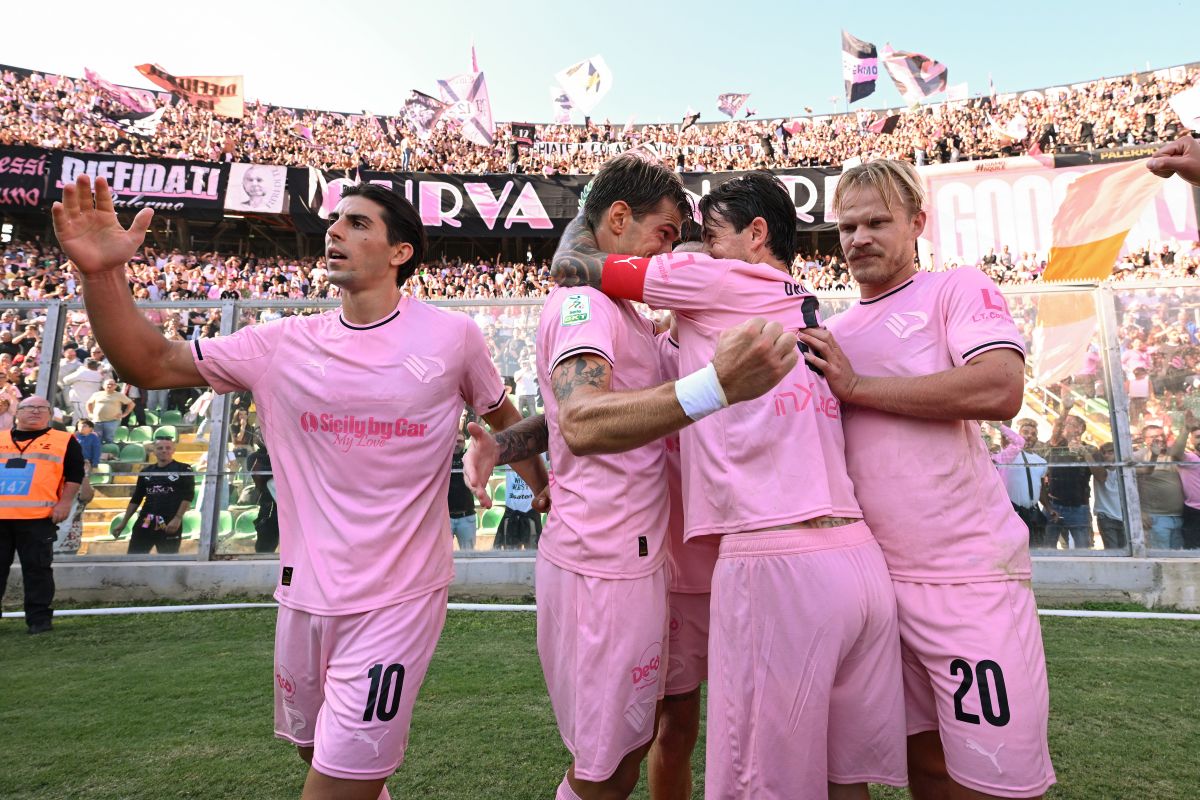
Atalanta’s €72m Boost Highlights A Club Paving Serie A’s Road to Modernity
By Emmet Gates
At times you could scarcely believe you were at a stadium in Italy. Despite the torrential rainfall that was dropping from the sky in Bergamo, Atalanta’s Gewiss Stadium was a sight to behold.
Shops, restaurants and bars were adjacent to the stadium; the pavements encircling it possessed fresh tarmac and not crumbling ruins seemingly built by the Romans. Inside, the stadium felt new, modern, with seats that weren’t squashed together with minimal legroom and a good sightline of the pitch. There wasn’t a running track to be found.
Each curva was packed, generating a buzz in spite of the biblical levels of rain. Como had also brought decent support to what was a Monday night game.
This is what it felt like to be in a modern arena in Italy, and the experience was odd.
Even if the match was postponed and Destination Calcio was denied the opportunity to witness a game inside, you were left in no doubt that Atalanta now had one of the best stadiums in the country.
It’s a credit to the city of Bergamo and Atalanta for doing rather than saying. For years, clubs have promised new stadiums, presented new projects only for them to ultimately fail. Most of it is outside of their control.
Bergamo and Atalanta are one of the rare examples in Italy of a city and club working together. The council sold the then-Stadio Atleti Azzurri d’Italia to Atalanta in 2017 for just under €9m, and eventually allowed the club to modernise it without putting umpteen obstacles in their path.
The end result is a stadium to be proud of. Yet Atalanta haven’t finished there.
According to La Gazzetta, this week the club’s shareholders agreed on a new capitalisation worth €72m to invest further on infrastructure.
At the beginning of 2022 the Percassi family, who’d owned La Dea since 2010, sold 55 per cent of company shares to an American invest consortium led by Boston-native Stephen Pagliuca (sadly no relation to Italian great Gianluca).
Yet Pagliuca wisely let the Percassi family continue with the day-to-day operations of the club. Bit-by-bit, the stadium was renovated and fully finished at the beginning of the season.
With Gian Piero Gasperini delivering unprecedented success on the pitch, which culminated in the Europa League success in Dublin last May, the club are now making a mockery of some of Italy’s bigger sides.
The club have turned a profit in eight successive years, with the books for 2023-24 showing a profit of €12m. This has no doubt been helped by plusvalenze (selling players) for extraordinary amounts of money, but it also speaks to the way in which Atalanta has been run. They have never overextended themselves on player salaries or transfers.

The club now intends to buy the land adjacent to Zingonia, Atalanta’s training ground, for around €20m in order to expand the centre. The aim is to build a full 11-a-side pitch for the first team and further improve training facilities for all sectors of the club.
Atalanta have, for years, possessed arguably the best youth academy in Italy. Legendary Juventus defender Gaetano Scirea developed in Bergamo, as did Serie A stalwarts Giampaolo Pazzini, Giacomo Bonaventura, Roberto Donadoni, Alessio Tacchinardi and to more recent times, Alessandro Bastoni, Franck Kessie, Giorgio Scalvini and Roberto Gagliardini.
All of these players, who La Dea eventually sold for tens of millions of pounds over the decades, where produced in modest facilities. But soon they’ll have a Zingonia worthy of their ambitions.
When all is said and done, Atalanta will be second only to Juventus in Italy in terms of modernity. The 2024-25 financial year is also set to bring more profits on the back of European success, qualifying for the Champions League and also selling Teun Koopmeiners to Juve for close to €60m.
Atalanta were also recognised for their excellent work at the recent Golden Boy awards, where club president Antonio Percassi was named President of the Year by a jury consisting of former greats such as Hristo Stoichkov, Andriy Shevchenko, Cesc Fabregas and Manuel Rui Costa.
The club has already earned some €50m owing to their impressive performances in Uefa’s first-tier competition, and with advancement to the round of 16 almost guaranteed that figure will only rise.
In a country where stadium modernisation can be a torturous and often futile process, Bergamo and Atalanta have demonstrated it can be done. When the political will is there, great things can be achieved, and for as long as other city councils hold their clubs back and Gasperini remains, Atalanta will continue to punch well above their weight and capture the hearts of football neutrals across the world.
La Dea and Bergamo are leading the way, the only question remains whether other cities and clubs in Italy will follow their lead.
Related Articles
Related Articles
Football rivalries, world-class sport, surreal carnivals, and a tradition you won’t find anywhere else. Five events to catch in February.
In the latest edition of My Town, My Team, Napoli fan Alex told us why everybody should visit Naples at least once.
Sampdoria against Palermo at the Stadio Luigi Ferraris is just one of the standout matches to be shown live on Destination Calcio TV.





